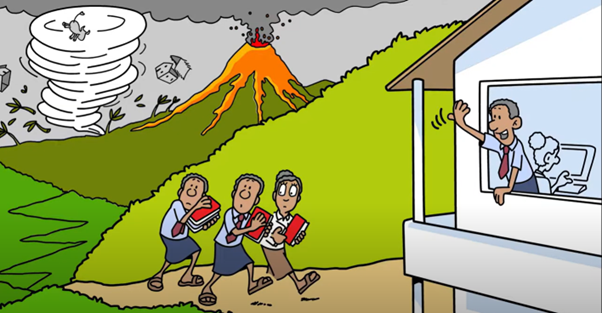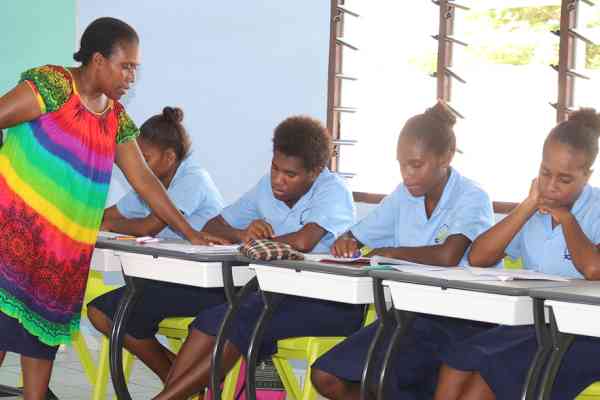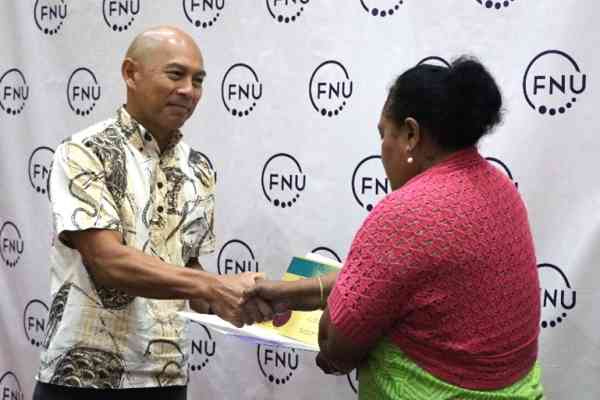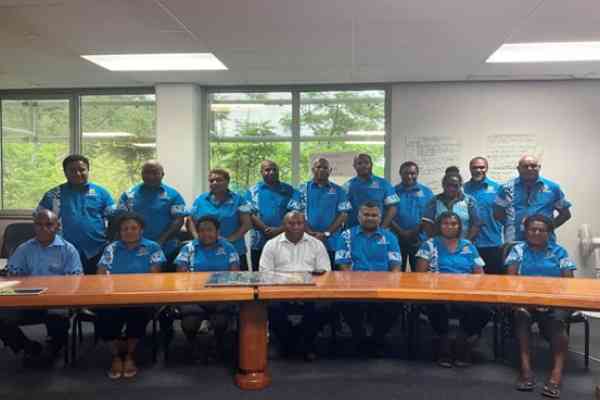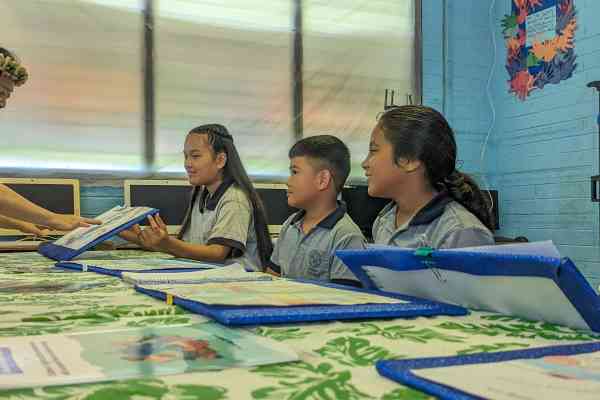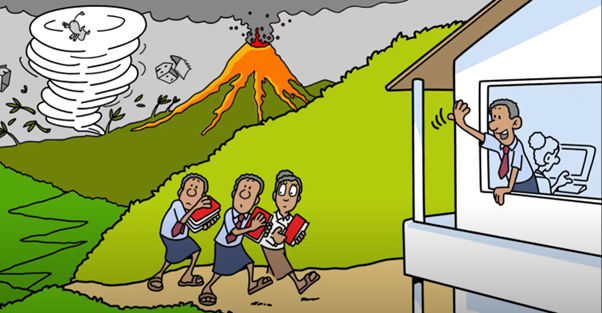
Since the last International Day of Education, the world has seen major floods in Asia, hurricanes in the Atlantic and the Pacific, significant earthquakes that crumbled buildings in Türkiye and Syria and escalating wars in the Middle East.
These are humanitarian issues that the world is desperately trying to recover from and reduce their impacts on the global economy. However, they have rippled into creating other major problems, one of them being the reduction in children’s access to education.
Global statistics show that almost 2 billion people live in war zones and a large number of people were disproportionately impacted by natural disasters last year that have further entrenched inequality, poverty and displacement, causing the reduction in access to education.
In the Pacific, more than 45% of the population lacks access to basic drinking water facilities, and more than two-thirds live without access to basic sanitation. In addition, drinking water and wastewater facilities are continuously impacted by the increase in extreme weather events, especially with 60% of the region’s built infrastructure located within 500 metres of the coast.
To ensure progress is sustained in the face of these issues, Pacific’s education leaders have set education priorities for the region, which are outlined in the Pacific Regional Education Framework (PacREF).
The PacREF highlights the collective education priorities of the region and works with countries to ensure that all learners can access quality and future-focussed education in a safe and supportive environment.
To ensure that the region’s urgent goals are being met, education ministers and leaders convene biennially – to further strengthen the region’s resilience and commitment to ensuring that Pacific learners receive the highest quality of education.
To make this education goal more achievable and to revisit and restructure the Regional School Leadership Standards, the Pacific Community (SPC) convened school leaders and principals from across the region in Nadi, Fiji, in September 2023.
The initial set of standards was endorsed in 2012 by the Heads of Pacific Education Systems and noted the knowledge, skills, and attitudes of all principals/head teachers in their journey to influence the development of children and young people under their care.
However, gaps were identified, especially around the roles of school leaders during natural disasters. The recommended solutions will be tabled for endorsement at the Pacific Heads of Education Systems (PHES) meeting later in 2024.
This year, SPC’s Educational Quality and Assessment Programme (EQAP) will continue to strengthen its support to member countries, responding to the needs of the 15 nations.
SPC has a robust work calendar for 2024 that includes piloting the new Pacific Assessment for Lower Secondary (PALS) in each of the sub-regions of the Pacific, accrediting national/regional qualifications to ensure regional recognition and developing a regional research bank to improve the quality of education at all levels of learning.
Improving education will not only help the region overcome the impacts of climate change but also make the Pacific more resilient – which is in line with this year’s education day theme: “Learning for lasting peace”.
Happy International Day of Education!
